Greatest Summer Olympic Moments
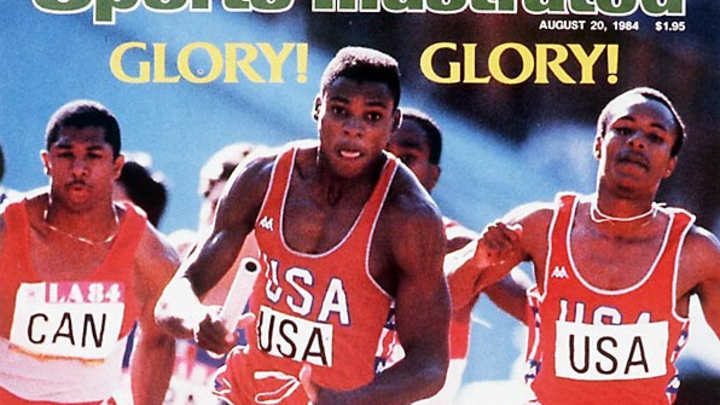
Greatest Summer Olympic Moments
Carl Lewis (1984)

When the world's top athletes compete for the top prize, it's inevitable that their achievements will be remembered for years on end. Narrowing the pool of just feats down to just 20 is nearly impossible. But here are SI.com's picks for some of the greatest times (in no particular order) in the history of the Summer Olympics. American track star Lewis entered the '84 Games having already established his name among those in the track and field world. But after the Olympics, Lewis became a world-wide star when he matched Jesse Owens' 1936 four-gold-medal performance -- the 100- and 200-meter races, the long jump and as a member of the 4 x 100-meter relay team.
Mark Spitz (1972)
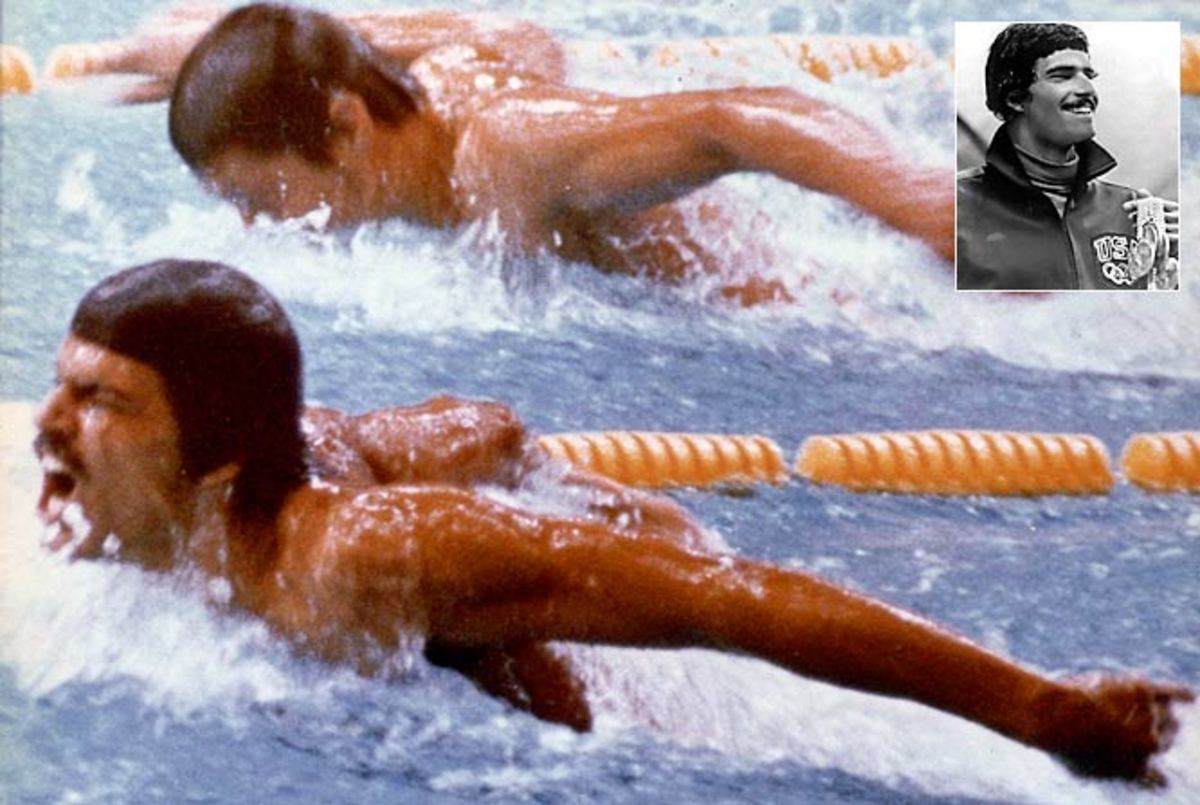
Donning a mustache -- a rarity for swimmers -- Spitz achieved a record that has stood for 36 years now: seven gold medals at a single Olympics. In Munich in 1972, the American won the 100- and 200-meter freestyle, the 100- and 200-meter butterfly, the 4 x 100-freestyle relay, 4 x 100-meter medley and 4 x 200-meter freestyle relay.
Bob Beamon (1968)
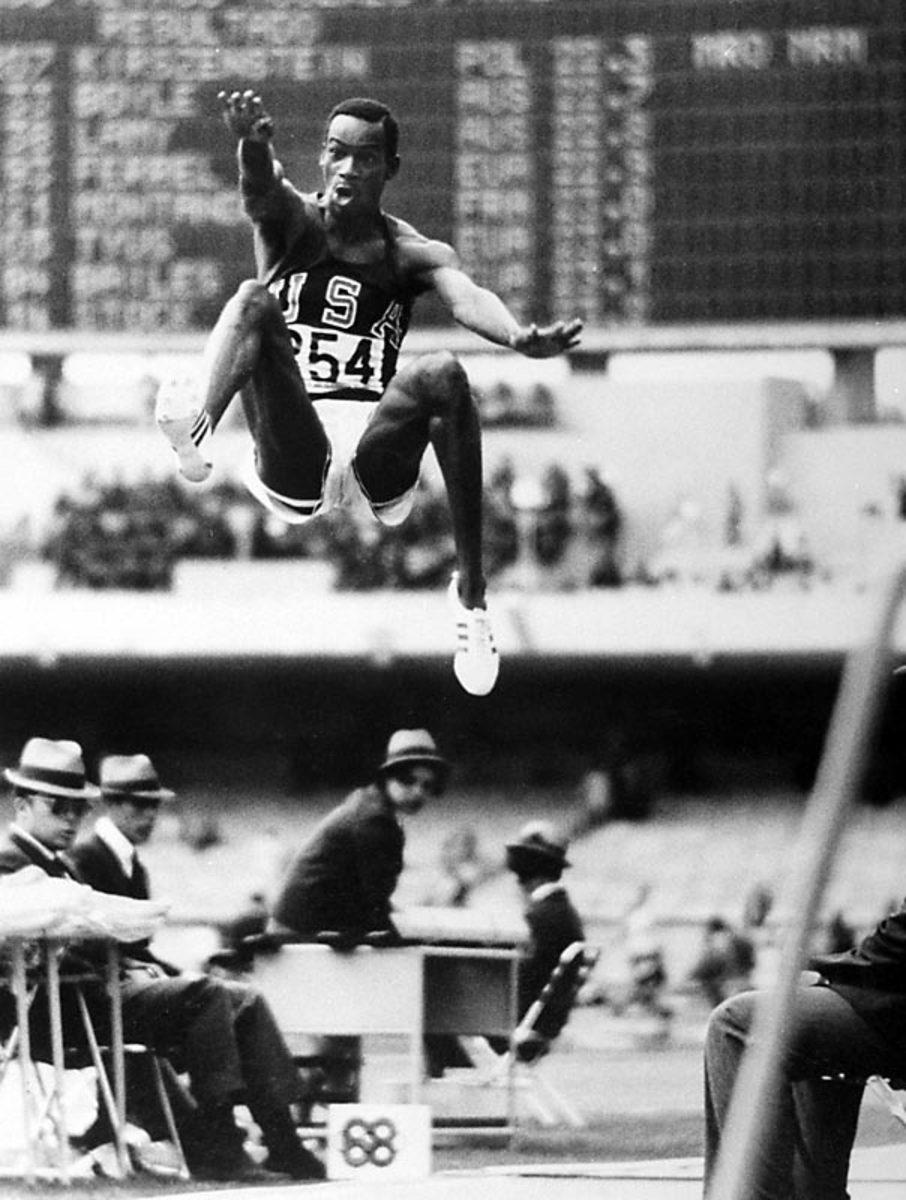
In the span of just a few seconds, Beamon pulled off one of the greatest Olympic feats to date. His world record-setting long jump of 8.90 m (29 feet, 2 1/2 inches) at the 1968 Games in Mexico City even brought himself to his knees in disbelief. With "The Unbelievable Moment," Beamon out-leaped the former record by 55 cm, or 21 3/4 inches.
Jim Thorpe (1912)
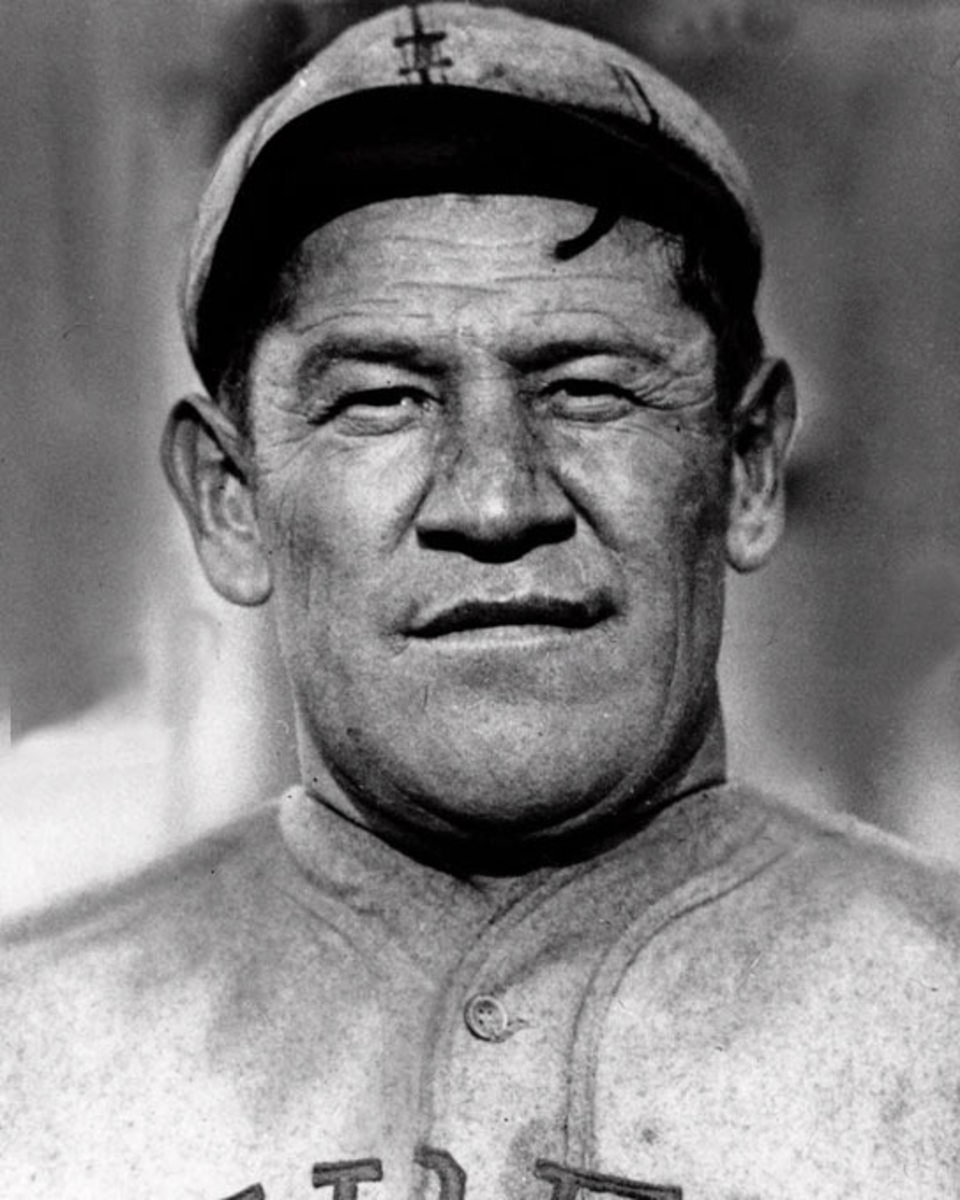
Known for his repertoire of athletic talents, Thorpe more than proved his versatility at the 1912 Olympics in Stockholm, where he won gold in both the pentathlon and decathlon -- two new events at the Games. Along with his medals, Thorpe was awarded two challenge prizes by King Gustav V of Sweden for the decathlon and Czar Nicholas II of Russia for the pentathlon.
Wilma Rudolph (1960)
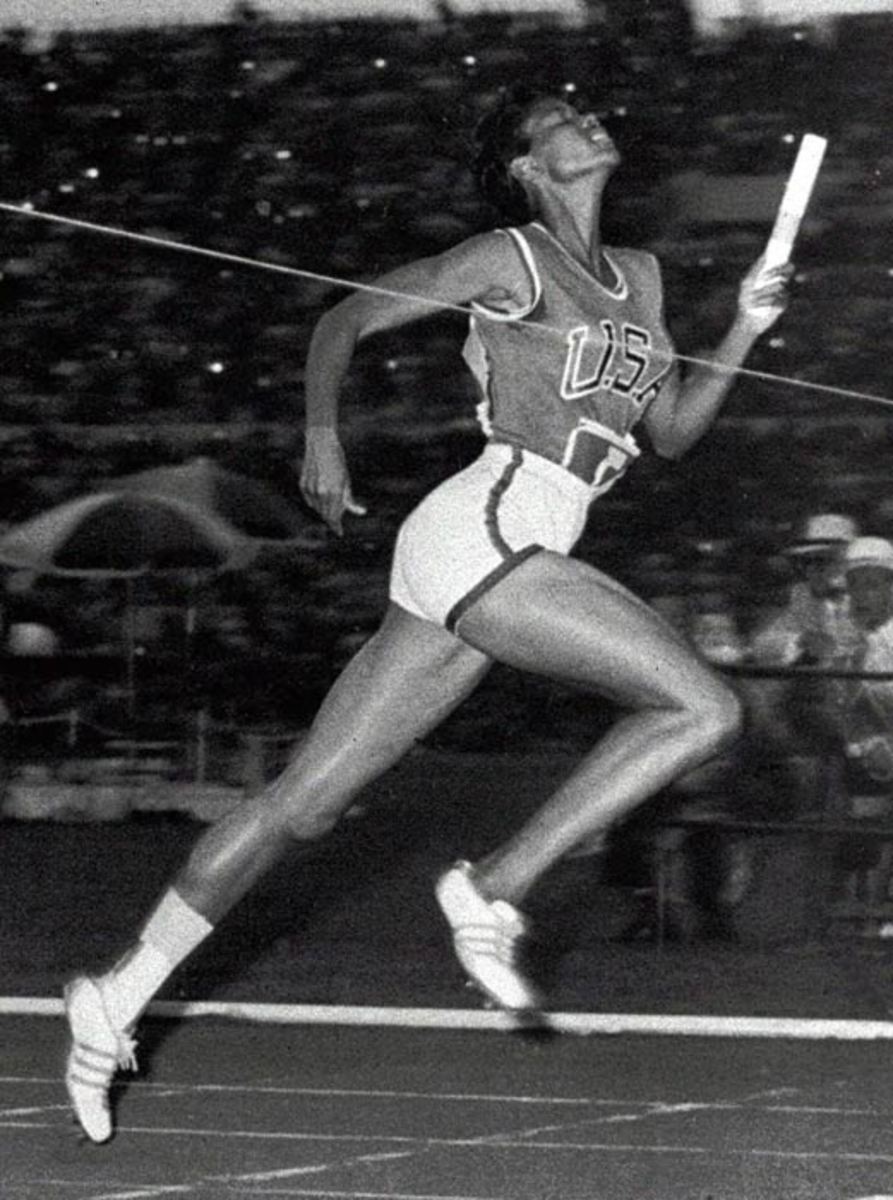
Having overcome polio as a child, Rudolph raised the status of women's track and field at the 1960 Games in Rome, where she won three gold medals (100 meters, 200 meters, member of 4 x 100-meter relay), making her the first American woman to do so in a single Olympics. And she did it all while competing on a sprained ankle.
Nadia Comaneci (1976)

At just 14 years old, Romanian Nadia Comaneci won the hearts of spectators and judges alike after scoring an unprecedented "perfect 10" on the uneven bars at the 1976 Games in Montreal. The scoreboards weren't equipped to display double-digit figures because the manufacturers assumed no one would ever achieve such a feat. She went on to score six more 10s in Montreal.
Jesse Owens (1936)
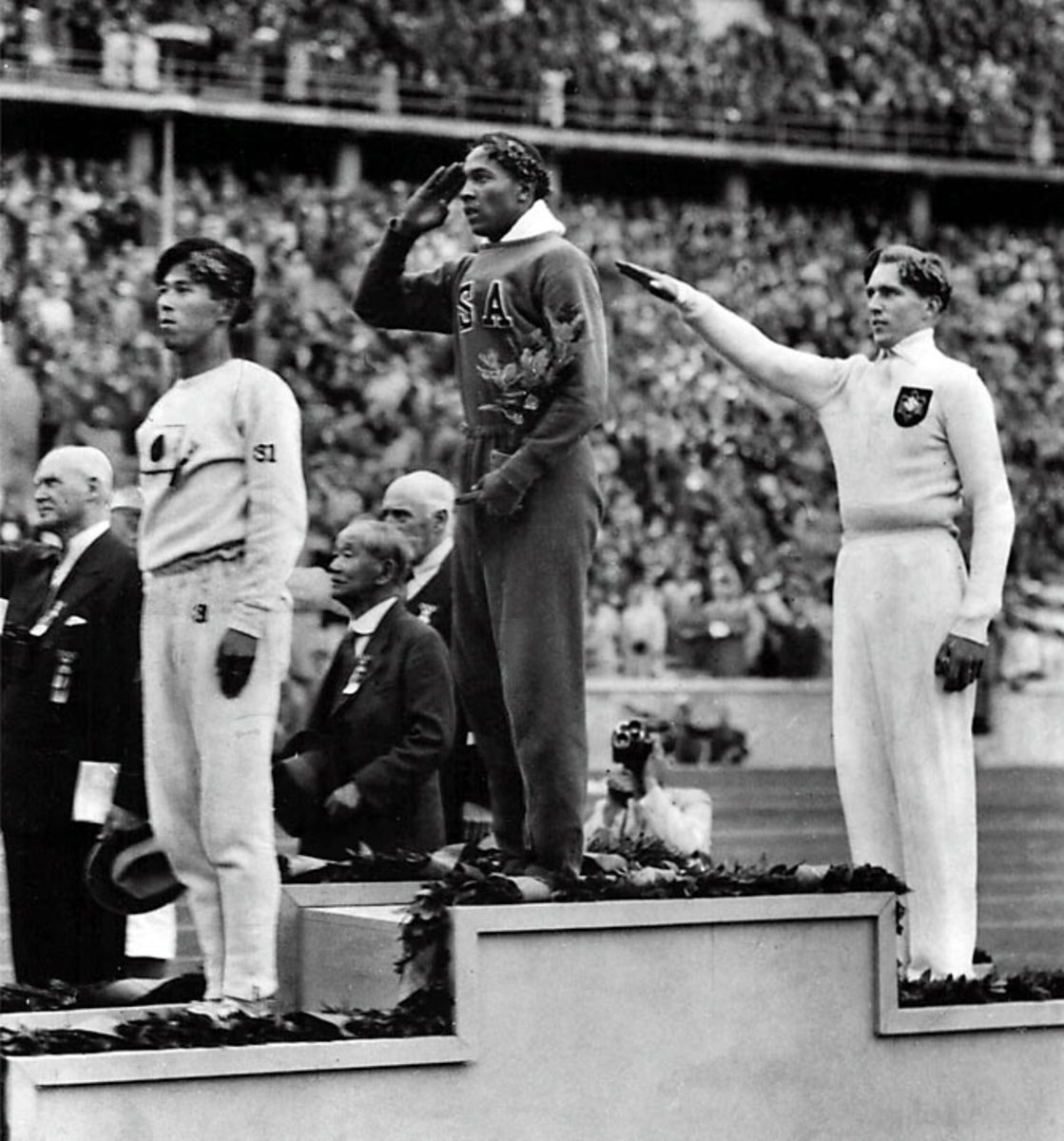
The 1936 Olympics in Berlin brought multi-faceted challenges for American runner Owens, from the obvious athletic obstacles to the social and international issues of his surroundings. But even with the added pressure, Owens took home four gold medals, one each in the 100 meters, 200 meters, long jump and as a member of the 4 x 100-meter relay team.
Tommie Smith and John Carlos (1968)

In the most memorable Olympic medal ceremony, the two American sprinters stood with one black-glove-covered fist in the air and head down, donning only black socks on their feet. As symbols of black power and unity during the civil rights movement, Smith and Carlos were also gold and bronze medalists, respectively, in the 200 meters. Their stance is now a statue at San Jose State University, where they were teammates the year of the Games.
Michael Phelps (2004)
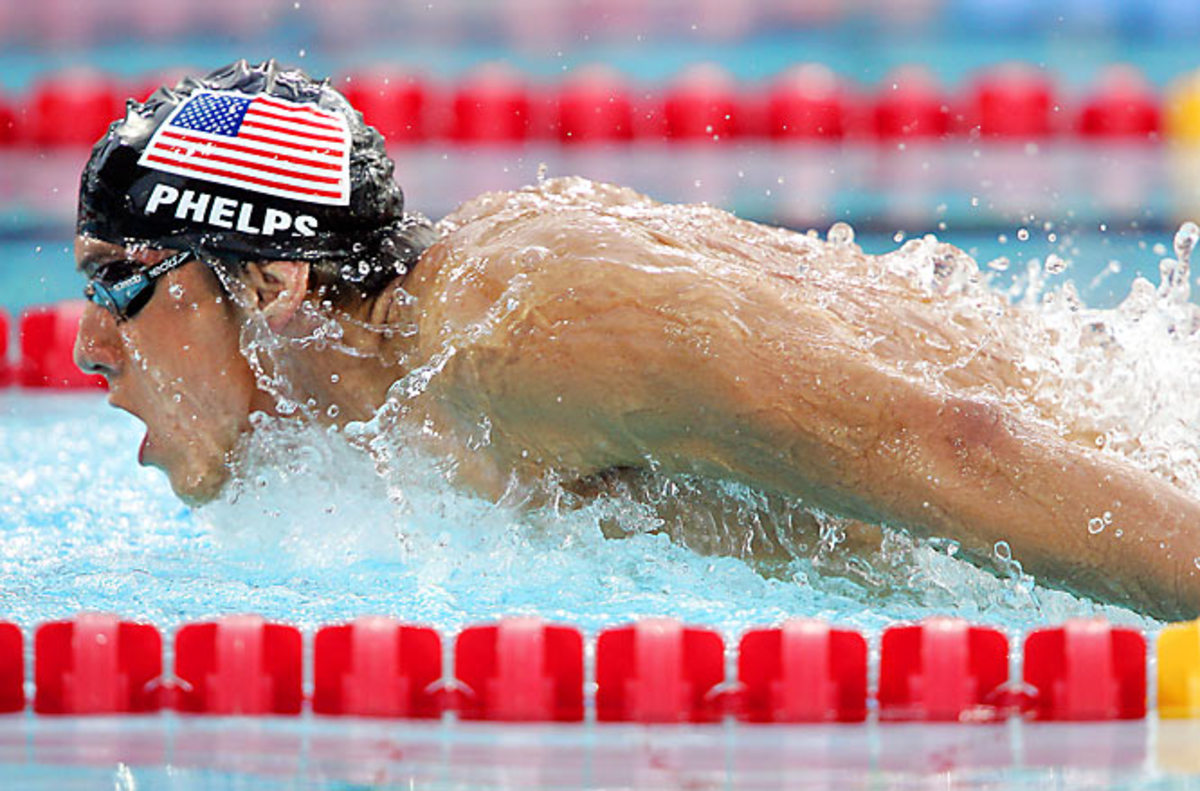
Though he may still have a chance to break Mark Spitz's record of seven gold medals in a single Olympics in Beijing, American swimmer Phelps came close in 2004 when he struck gold six times and bronze twice. His eight-medal performance is only the second in history, following gymnast Alexander Dityatin in 1980.
Abebe Bikila (1960)
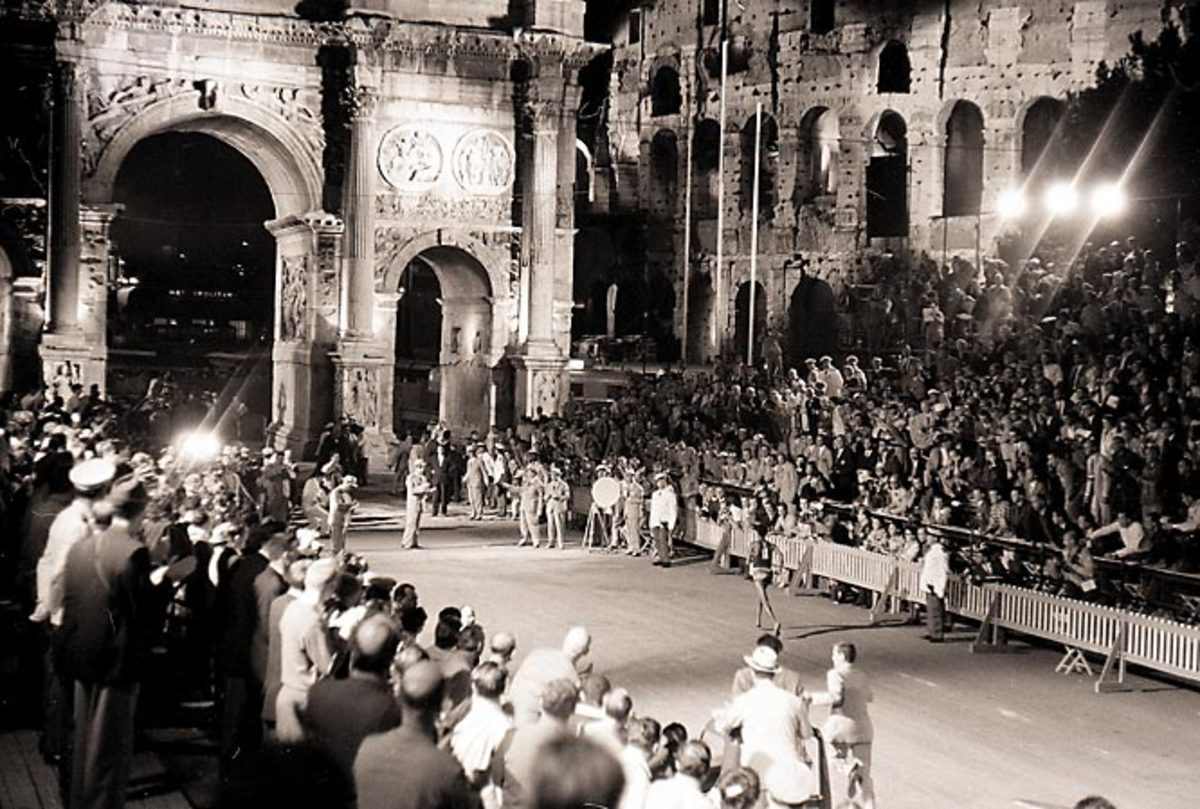
As a last-minute (literally) add-on to the Ethiopian Olympic marathon team, Bikila was left without a fitting pair of shoes when it came time to run. The team's sponsor, Adidas, had few shoes left when Bikila arrived for fitting. His solution? Do without them. Competing in his "usual training attire" (shoe-less), Bikila finished the race in a record time of 2:15:16.2, becoming the first African to win an Olympic gold medal.
Greg Louganis (1988)
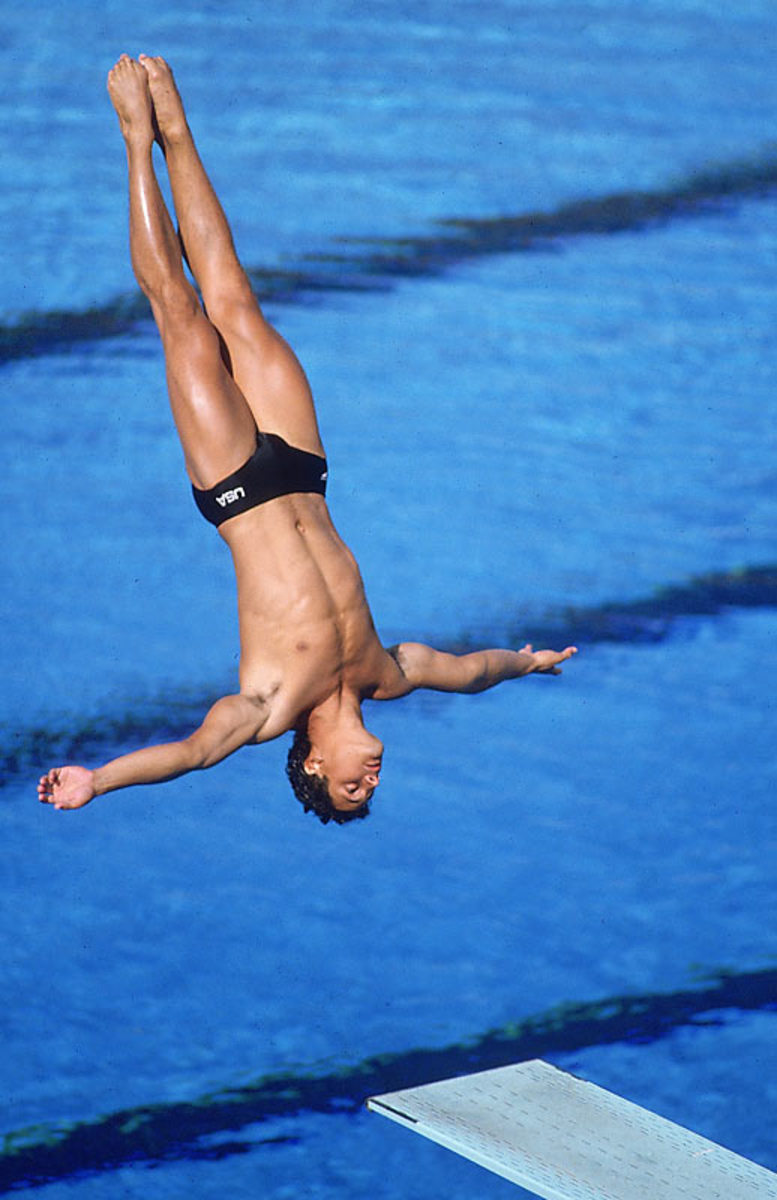
After gashing his head on the end of the springboard during the preliminaries, American diver Louganis -- with a concussion -- went on to capture gold in both the 3-meter springboard and 10-meter platform at the 1988 Games in Seoul.
Muhammad Ali (1996)
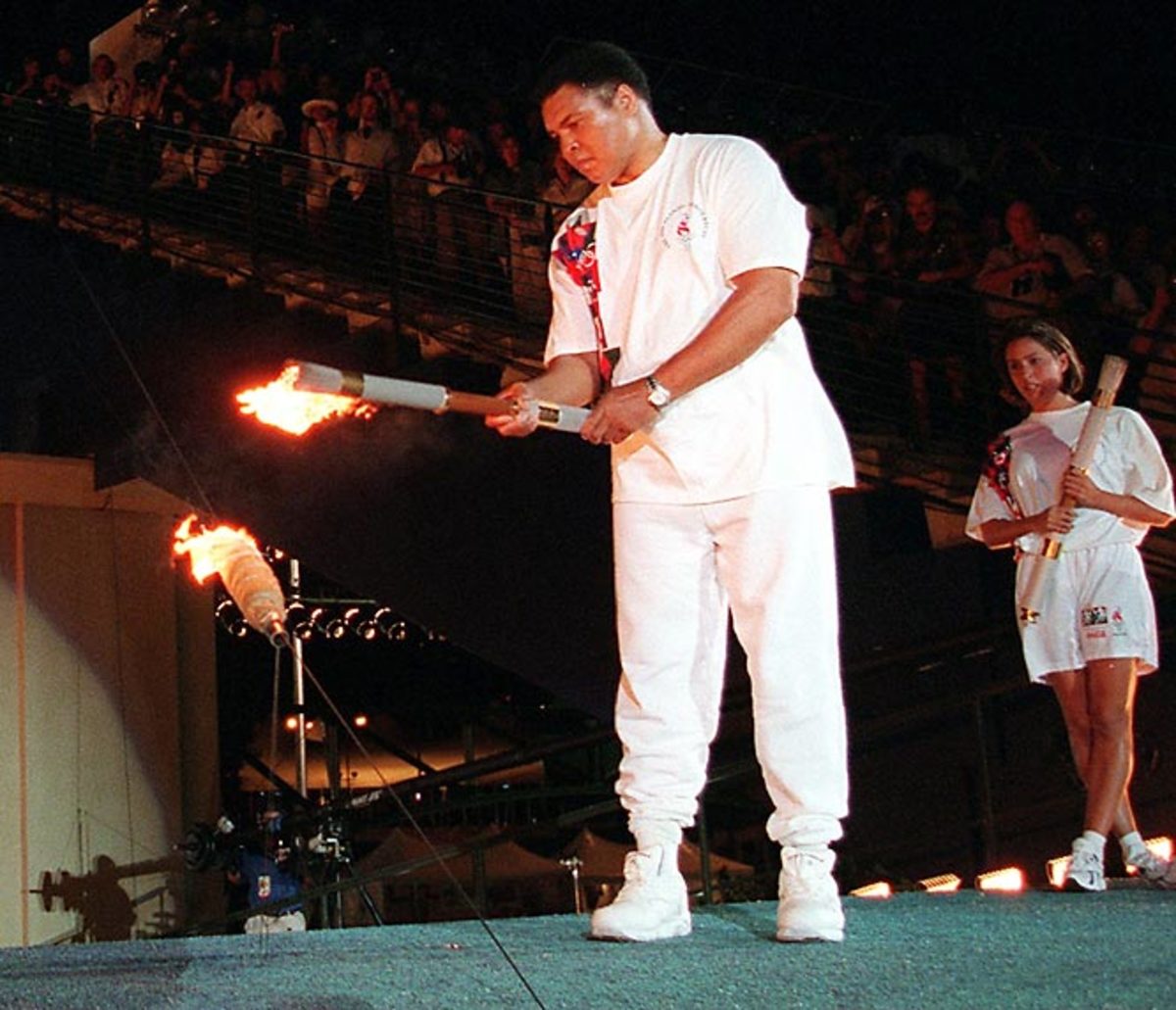
The former boxer who many consider the top heavyweight in history had the Atlanta crowd in shock and tears as he kicks off the 1996 Olympics.
Paavo Nurmi (1924)
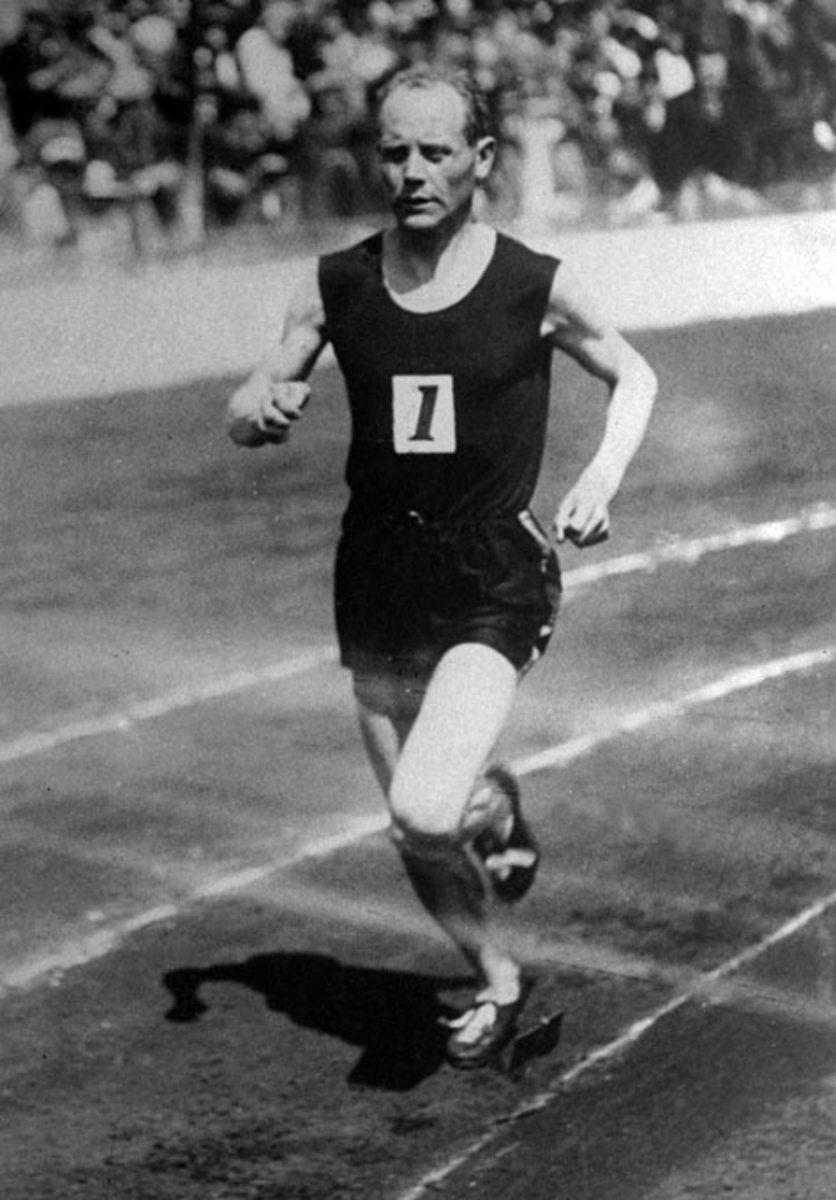
As one of the "Flying Finns," Nurmi was, without a doubt, the top middle and long distance runner throughout the 1920s. Competing in three Olympics that decade, Nurmi won five gold medals in five events at the 1924 Games in Paris alone, including the 1500-meter and 5000-meter races in which he only had 26 minutes in between to rest. His 12-medal tally (nine gold, three silver) is more than any track and field Olympian to date.
Michael Johnson (1996)
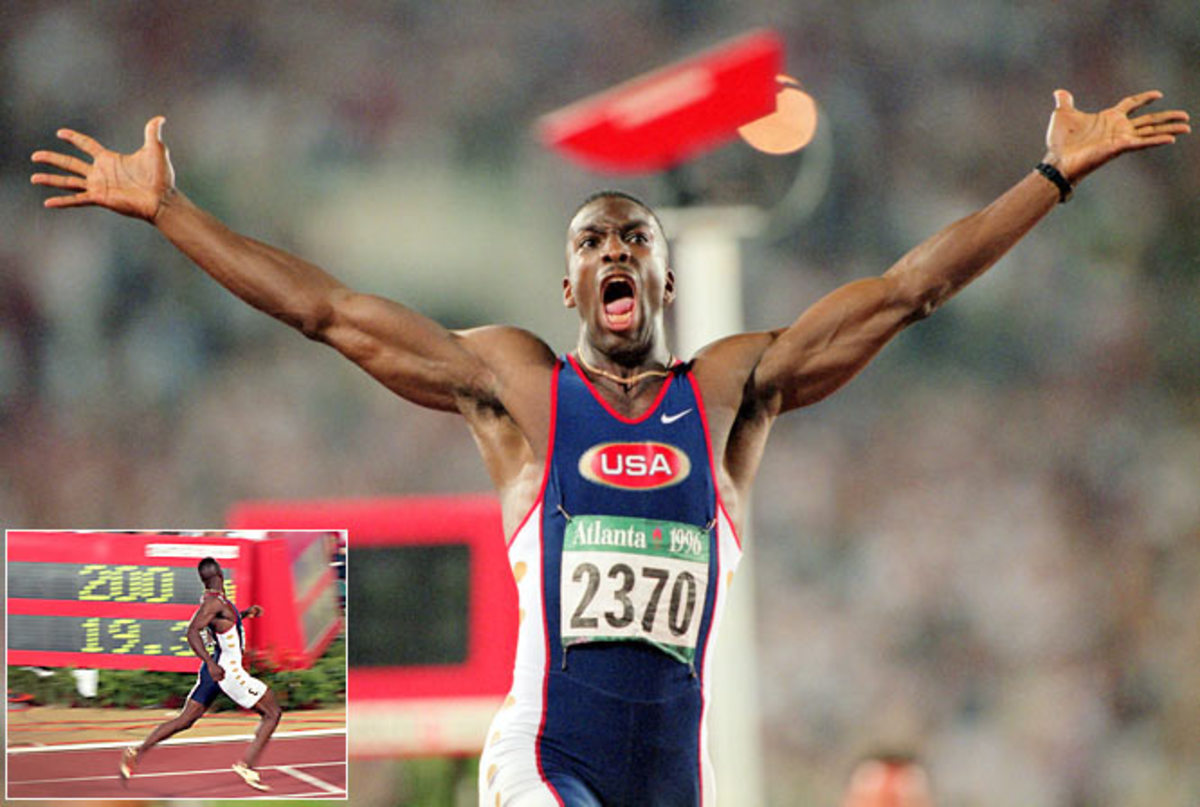
Clad in gold spikes, Johnson made his goal clear when he stepped onto the track at the '96 Games in Atlanta. After breaking the 200-meter world record at the U.S. Olympic Trials, Johnson shattered his own record at the Games, clocking in at 19.32 seconds. "The Man With the Golden Shoes" also breezed to the gold medal in the 400 meters, blowing away the field by almost an entire second.
Dream Team (1992)

With the introduction of professional players and the leadership of "Magic" Johnson, the 1992 U.S. Men's Basketball Team was comprised of arguably the greatest talent in basketball history. And it showed. Team USA plowed its way through the Games, winning the gold medal with an average margin of victory of 43.8 points per game.
Rulon Gardner (2000)
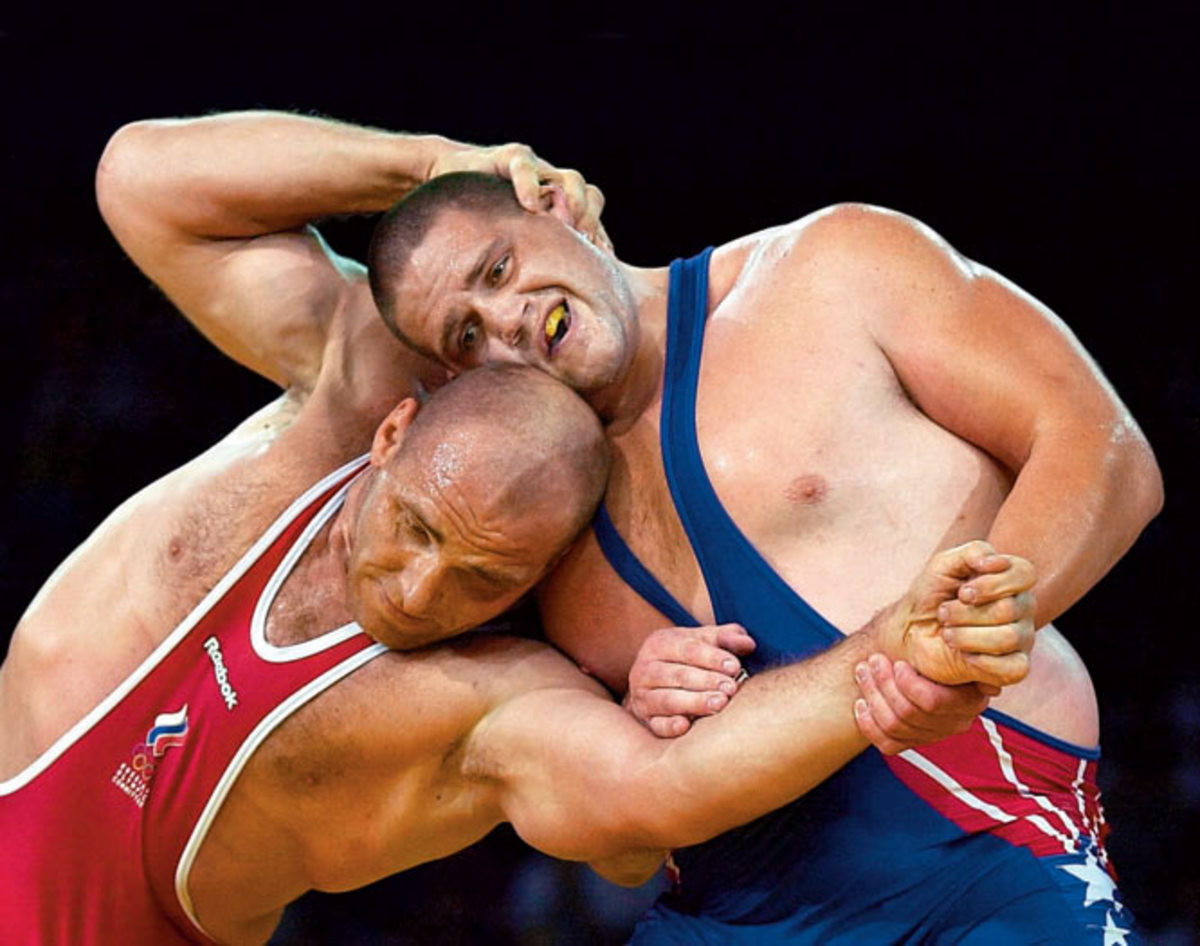
Russian Greco-Roman wrestler Aleksandr Karelin had not lost a match in 13 years nor had he given up a point in six years. But American Rulon Gardner stopped the champion in his tracks. Gardner's gold medal at the Sydney Games has since been dubbed the "Miracle on the Mat."
Mary Lou Retton (1984)

Inspired by Nadia Comaneci growing up, Mary Lou Retton became an Olympic gymnastics idol herself when she became the first American to win the all-around title at the 1984 Games in Los Angeles. She also won two silver and two bronze medals at the '84 Olympics.
Derek Redmond (1992)
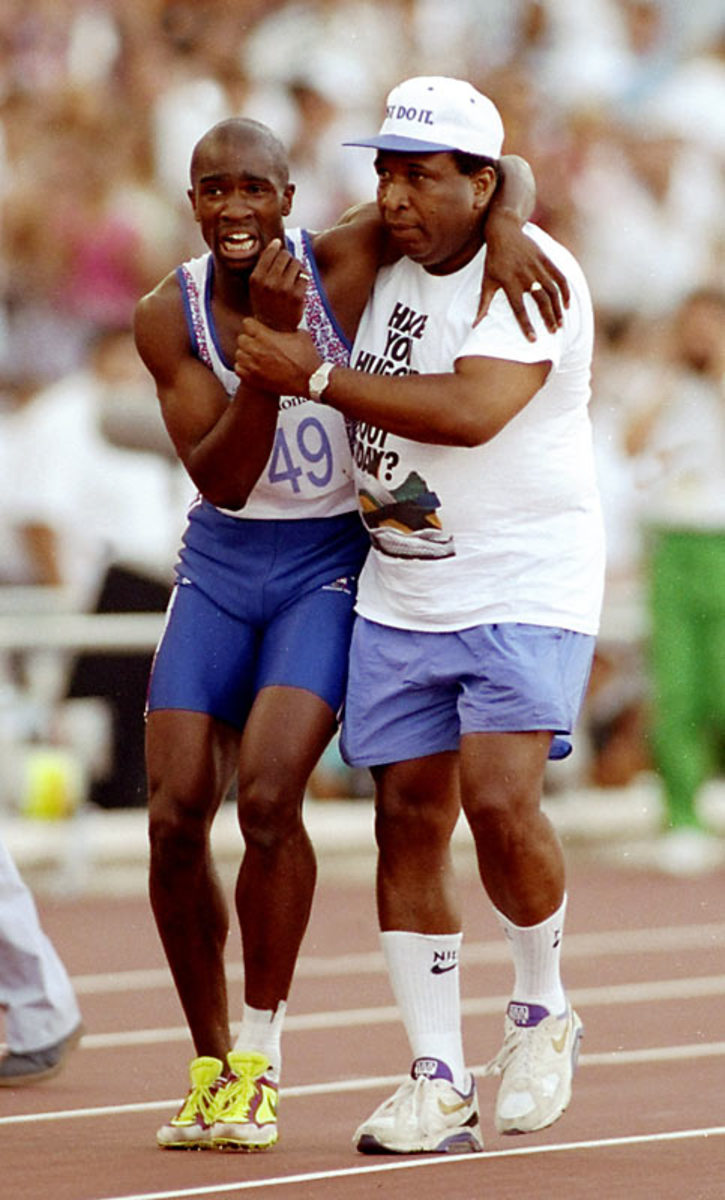
After posing the fastest time in the quarter-final heat of the 400-meter race at the 1992 Olympics, British runner Redmond faced disappointment in the semi-finals when he tore his hamstring about midway through. After falling to the ground in agony, his father, Jim, came to his side and helped him hobble to the finish line with a standing ovation from a crowd of 65,000.
Kerri Strug (1996)
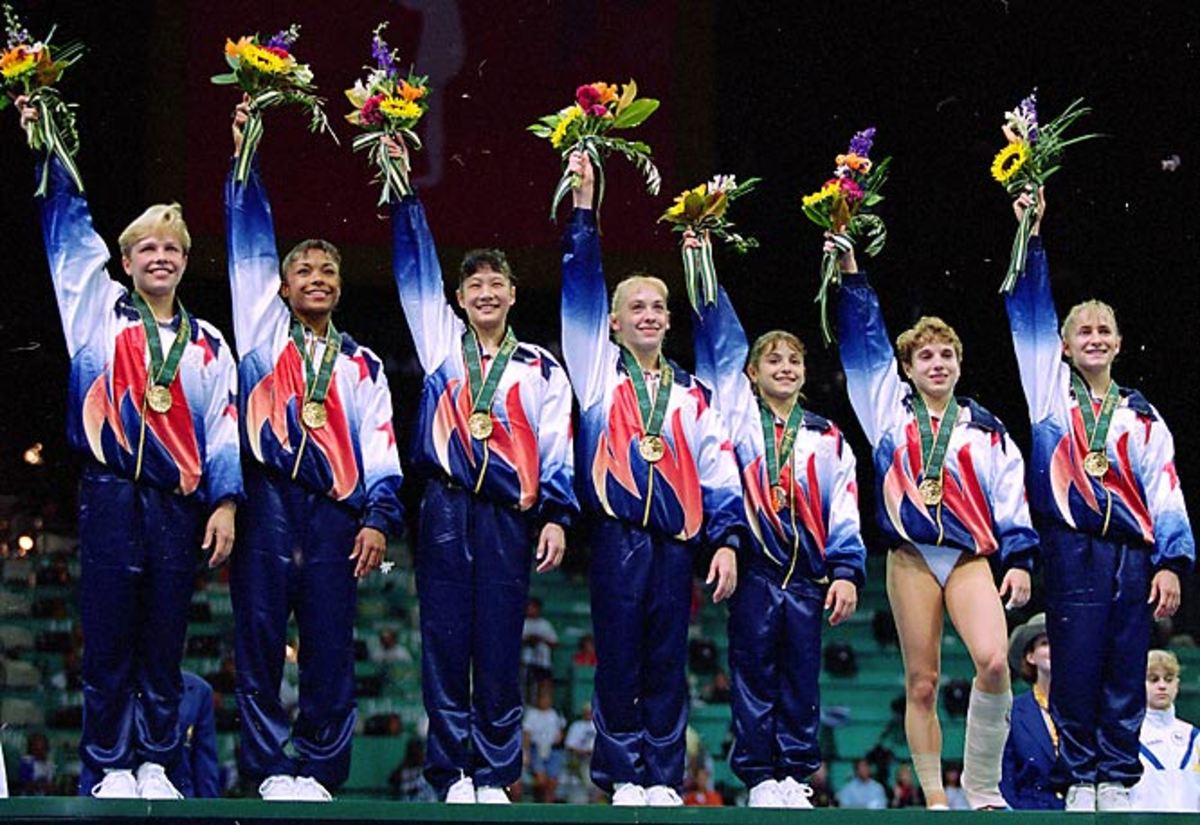
The picture of U.S. Women's Gymnastics Team coach Bela Karolyi holding Strug (shown with cast) as she winced in pain will forever be inked in the minds of many. Strug's vault routine, which she accomplished with a broken ankle, led the Americans to the gold medal in the team competition at the '96 Games in Atlanta.
Cathy Freeman (2000)

After winning silver in the 400 meters and becoming the first Aboriginal athlete to compete for Australia at the 1996 Games, runner Cathy Freeman wasn't satisfied. As one of the favorites entering the 2000 Games, she took the pressure in stride as she won the event that she had trained for decades.
